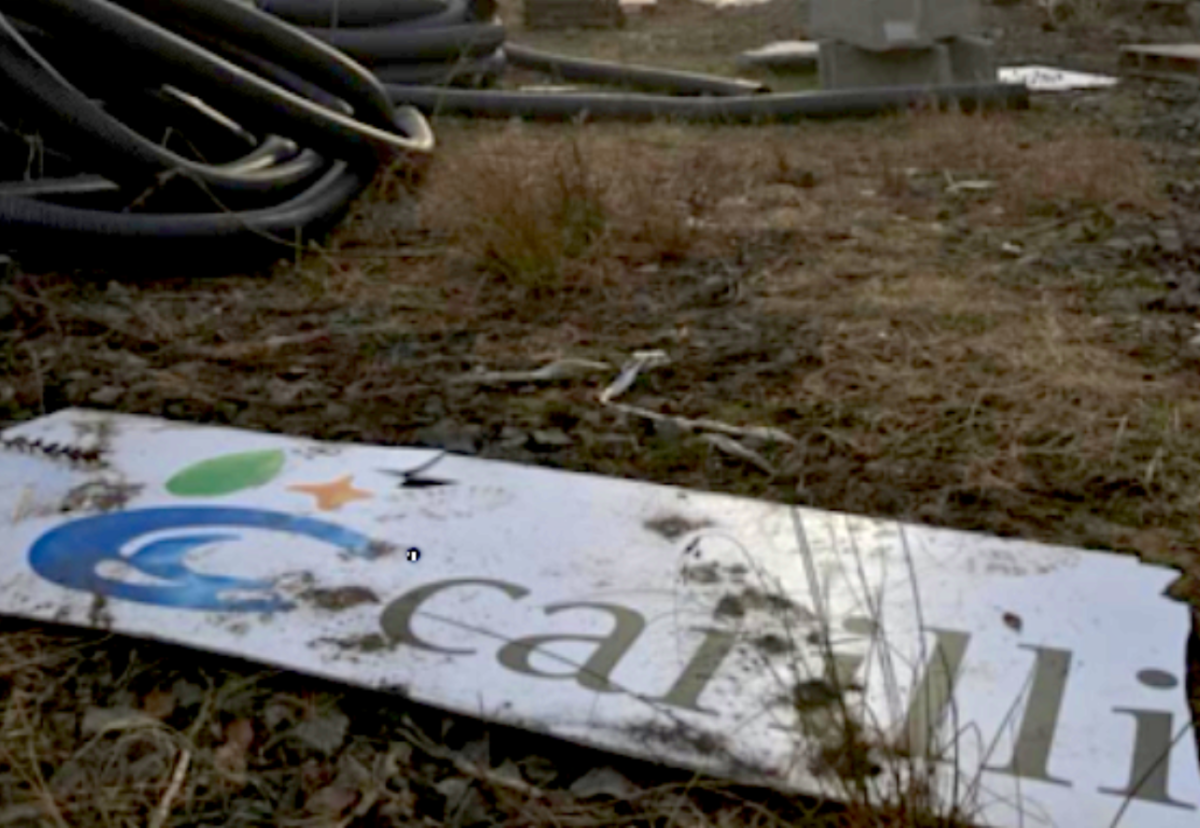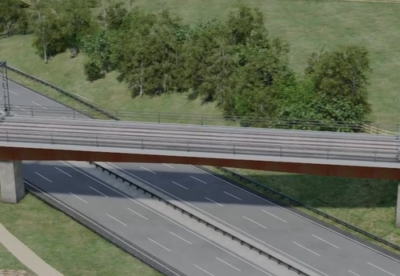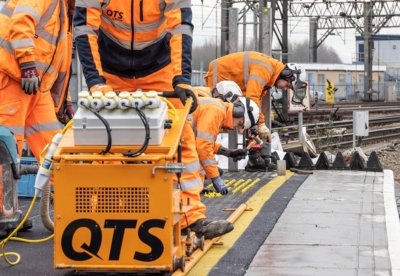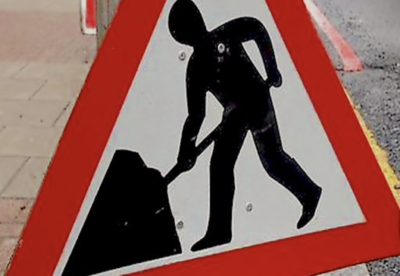That is the call from union Unite, which has accused the government of failing to take action to ensure there is not another “corporate meltdown” on the first anniversary of the group going out of business.
Despite the scale of Carillion’s collapse, no action has yet been taken or recommended against any of Carillion’s directors or senior managers.
This is despite longstanding investigations by the regulator into accountants and auditors, the Financial Reporting Council and the Insolvency Service.
The Government’s pension regulator has also failed to deliver any recommendations from its investigation into the £800m shortfall left in the firm’s pension, which leaves thousands of former employees out of pocket.
So far, the Government has only come up with a pilot policy to require major outsourcing companies with public sector contracts in financial difficulties to produce a ‘living will’ detailing how services can continue to be run following a company’s demise.
The delay in action has led Unite to call for an immediate criminal investigation into Carillion’s collapse.
Unite assistant general secretary Gail Cartmail: “It is staggering that a year after the biggest corporate failure in modern UK history the government has carried on as though it is business as normal.
“The government’s failure to take action to ensure that there cannot be similar collapses in the future is a betrayal of workers, who still face being cast on the scrapheap without warning because of irresponsible directors who place profits and shareholder dividends before people.
“The fact that no one involved in Carillion has yet had any form of action taken against them, demonstrates either that the regulators are failing to do their jobs or that existing laws are too weak. If it is the latter then we need better stronger laws.”
She added: “A year on from Carillion’s collapse the government needs to stop prevaricating and start taking effective action.”
Carillion went into compulsory liquidation on 15 January 2018, with a reported £7bn of liabilities and just £29m left in the bank.
Experts believe that Carillion could have been trading while insolvent for several years prior to its collapse.
As a result of Carillion’s collapse nearly 3,000 staff were made redundant with many other workers in its supply chain also losing their jobs. Many of Carillion’s subcontractors were also forced out of business.
So far £50m has been paid to accountants PwC to act as special managers to break up the company. A further £65m has been paid out to make workers redundant and smooth the transfer of outsourced contracts to new providers.
The extra final bill for Carillion’s two flagship construction projects – the Royal Liverpool hospital and the Midland Metropolitan hospital – has yet to be quantified although much of the financial hit has been shouldered by the financiers of the PFI schemes.
The cost of both projects has now rocketed and both hospitals will be at least three years late before they are operational.
















































.gif)
 (300 x 250 px).jpg)





